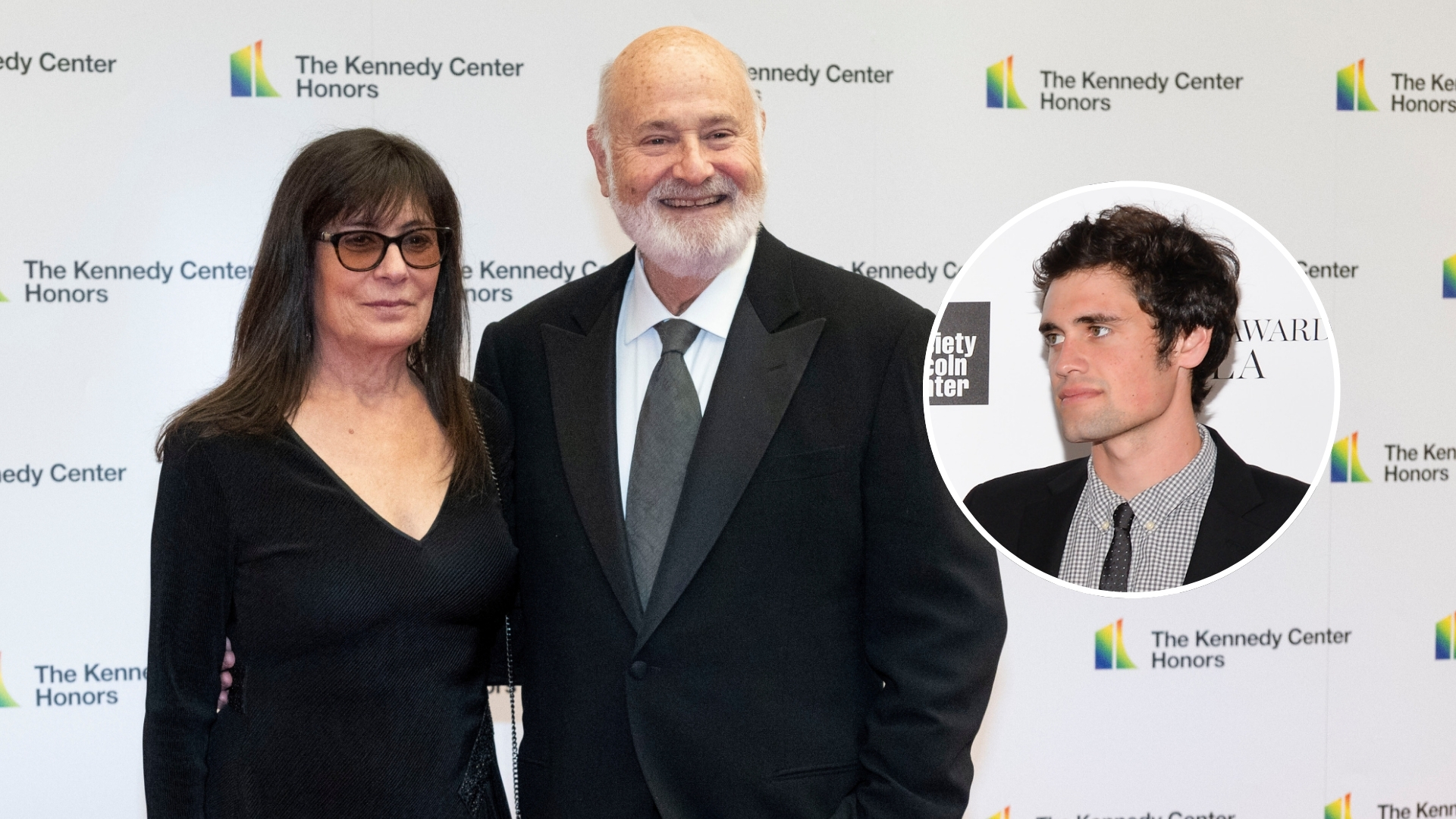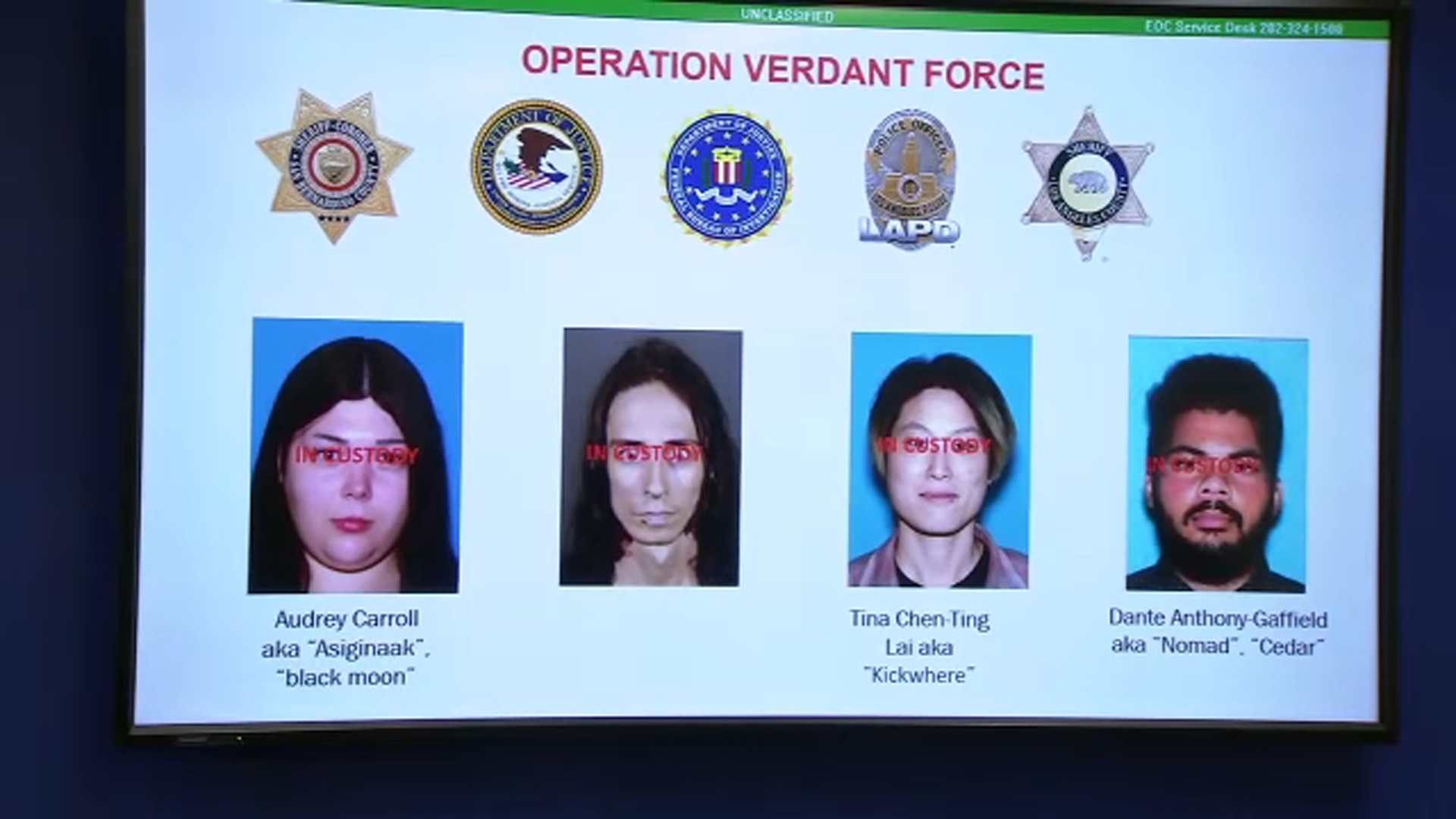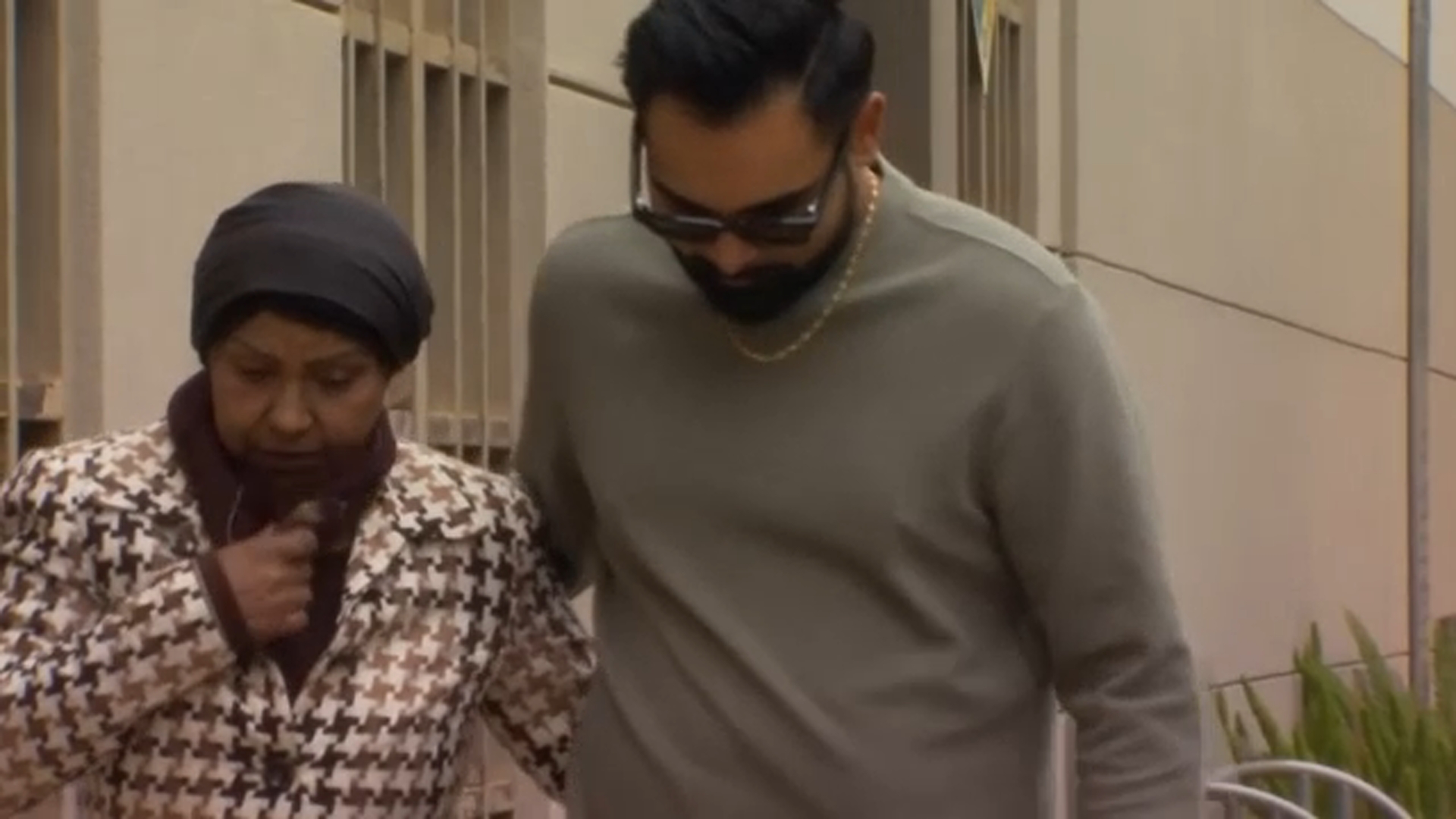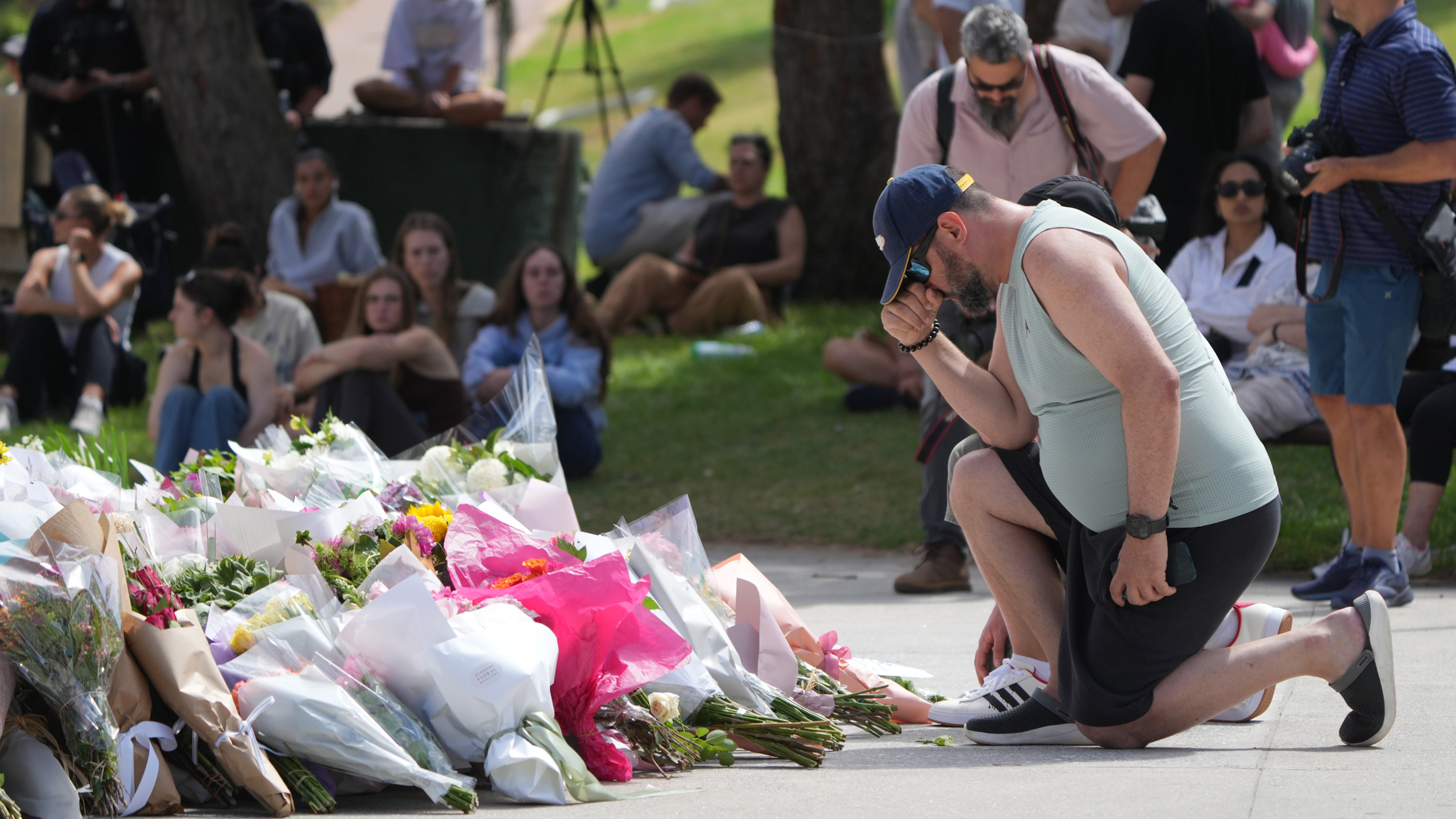Lakers' offseason allure still strong in today's NBA?

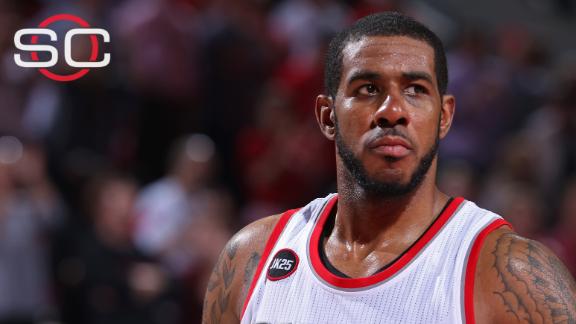
In the summer of 1996, the Los Angeles Lakers went to work on their annual offseason tradition: hunting big game.
Unlike most teams, the Lakers weren't just after a quality player. As usual, they were searching for a landscape-shifting star who could deliver titles on his way to the Hall of Fame.
Their target: Shaquille O'Neal.
The 7-foot-1 center was the most coveted free agent on the market, a 24-year-old who had been named an All-Star in each of his four seasons with the Orlando Magic.
O'Neal initially had no desire to leave the Magic, with whom he had reached the NBA Finals and Eastern Conference finals the prior two seasons. But the Lakers swooped in, offering O'Neal a seven-year deal worth a staggering $120 million. The icing on the cake was the Lakers' tradition and connection to Hollywood, which catered to O'Neal's interests in rap music and filmmaking.
"It came down to the aura of Los Angeles," said Magic executive Pat Williams, according to the book "The Show: The Inside Story of the Spectacular Los Angeles Lakers."
For decades, the Lakers and their city swayed the NBA's biggest stars. Despite increasingly constrictive rules making it harder for big-market teams to operate, they still offered a total package that other teams couldn't quite match.
But the Lakers have struck out in free agency the past two summers, not only failing to acquire any big names but losing their own: star big men Dwight Howard and Pau Gasol fled in consecutive summers, joining other squads for less money.
Now, after the two worst seasons in franchise history, the Lakers are entering one of the most crucial Julys in their history.
In an era when the rules are increasingly unfriendly to big-market teams, are the Lakers' intangibles -- their edge, their aura -- still as strong and enticing as before, and still able to bridge the gap?
A key part of the Lakers' mystique is the banners that hang in Staples Center. But Lakers general manager Mitch Kupchak said prospective players aren't interested in a history lesson.
"They want to know about the team you're building, the opportunity and what they'll be looking at going forward," Kupchak said during exit interviews at the end of the 2014-15 season. "So that's what we'll try to sell them on."
It's a harder sell for the Lakers than in the past thanks to big changes in rules that govern how teams can spend their money.
Unlike in baseball, where a high-revenue team like the Yankees can put as much of their cash to work as they want, the NBA's collective bargaining agreement levels the playing field.
"Before, they couldn't quite spend like the Yankees, but they could outspend other teams," one NBA executive said of the Lakers. "Now they can't."
Not only does the league's salary cap limit the amount teams can spend, but a team is able to offer more to its own free agents -- a longer contract and heftier raises -- than any other team. So while Lakers fans entertain dreams of LaMarcus Aldridge patrolling the paint in purple and gold, they should keep in mind that the Lakers' maximum offer of four years and $80.4 million pales in comparison to the Blazers' maximum of five years and $108.3 million. It's the free agency home-court advantage.
The luxury-tax system also squeezes an extra $1.50 for every dollar a team spends over a defined threshold, with the rates ratcheting higher and higher for every additional $5 million the team spends over the tax line. And revenue sharing cuts into the profits a big-market team can make in lucrative local TV deals, higher ticket prices, etc. In 2013-14, the Lakers saw a profit of $158.3 million, of which they gave up $49.6 million in revenue sharing and another $8.7 million in luxury tax, leaving them with just $100.1 million. Where does the revenue-sharing money end up? In the pockets of the small-market teams they're competing against.
The league further encumbers the big spenders by placing additional restrictions on the trades these teams can make and the contracts they can offer with tools such as the mid-level exception. The message to these teams is clear: Don't even think about trying to bully your way to a title with your deep pocketbooks.
Even the government has a hand in making the Lakers less attractive to free agents. The Lakers (like the Clippers, Warriors and Kings) play in California, where the personal income tax rate tops out at 13.3 percent -- the highest in the nation. On the other hand, Florida, Tennessee and Texas -- which collectively host six NBA teams -- have no state income tax at all.
But while the Lakers, aided by a 20-year deal with Time Warner Cable worth $3 billion, are among the league leaders in direct team revenue, they're far behind other ownership groups when it comes to total available resources. That's because the Buss family is almost alone in counting on the NBA as income.
Nets owner Mikhail Prokhorov and Trail Blazers owner Paul Allen made billions outside the league -- the former largely in nickel mining in Russia, the latter from co-founding Microsoft -- and thus could drop big money for team resources and amenities or on big tax bills, like the record $90.57 million the Nets paid in luxury taxes ($197 million overall) in 2013-14.
For the Buss family, their team is their business. Family members take money out of the company every year, and during the 2011 lockout, when most revenue streams stalled, they laid off video coordinators and other staffers.
Still another factor is the building of a player's brand. If players once needed larger markets -- and the exposure they offered -- to gain national attention, that's no longer the case. Today, there's social media. There's NBA League Pass, with games available on smartphones. Consider Kevin Durant, for instance, who is one of the league's biggest stars, featured in numerous advertising campaigns and followed by millions on his various social media accounts -- all while playing in one of the league's smallest markets, Oklahoma City.
With so much limiting the reach they once leveraged to much success, do the Lakers still have the same appeal to players?
"It's a close call," said one NBA agent, "but probably not, only because it seems players are valuing other things [roster, culture, etc.] these days a lot more."
Said another: "I don't think so."
In many respects, the Lakers are fighting more of an uphill battle than ever.
"The advantages in this league for teams like us and New York and Chicago, they're not the same as they were 20, 30 years ago," Kupchak said during a radio interview with Bleacher Report. "It depends on the player's age, [but] it's rare that you get a young player to make a jump and give up $30 million to come to any city."
Many free agents will face an interesting dilemma this summer. Do they ensure their financial security by locking in maximum dollars at today's rates, or do they gamble a little, signing a short-term deal this year in order to become free agents again next summer when the cap skyrockets?
"I'm not sure how it's going to play out," Kupchak said Thursday, after the NBA draft. "I'd be very curious to see how that plays out this summer, how a lot of free agents deal with that."
Already, it seems as though the Lakers will, as in the past two summers, have their work cut out for them.
While their top target may be Aldridge, sources tell ESPN's Marc Stein that the San Antonio Spurs are the most likely destination for the native Texan, who averaged 23.4 points and 10.2 rebounds last season.
The Los Angeles Times also reported that, according to sources, All-Star center Marc Gasol "has no interest in the Lakers because of the uneasy last few years his brother [Pau] spent with them."
As for Kevin Love, Fox Sports reported Sunday that the All-Star forward has indicated to the Cavaliers that he will return.
Could the Lakers strike out again, for a third straight summer, leaving Kobe Bryant to play the role of veteran tutor alongside several rookies -- namely their No. 2 overall pick, D'Angelo Russell -- during his final season of a storied NBA career?
The mere idea that the Lakers would have to pitch a player on why they should join the team feels ... odd. After all, they're the Lakers.
"They don't have the same pull, but they do have the city, weather and off-the-court appeal," one executive said. "Also, Kobe is only there for a short time, then you can be the face of the team."
Said another executive: "The Lakers will always be a huge draw. They will be fine regardless. While losing Howard was not planned, they will still be in on anyone."
And said another executive: "They just need one big guy to go there, and the rest will follow. I expect [Russell] Westbrookand[James] Hardento joinforces there when they become free. It definitely still has allure. It's still L.A., and they are still the Lakers. No free agent can question whether or not they will spend the money to win titles."
Indeed, the Lakers are the Lakers, still a powerful brand.
"They still have an edge," one executive said, "but not like they used to."


